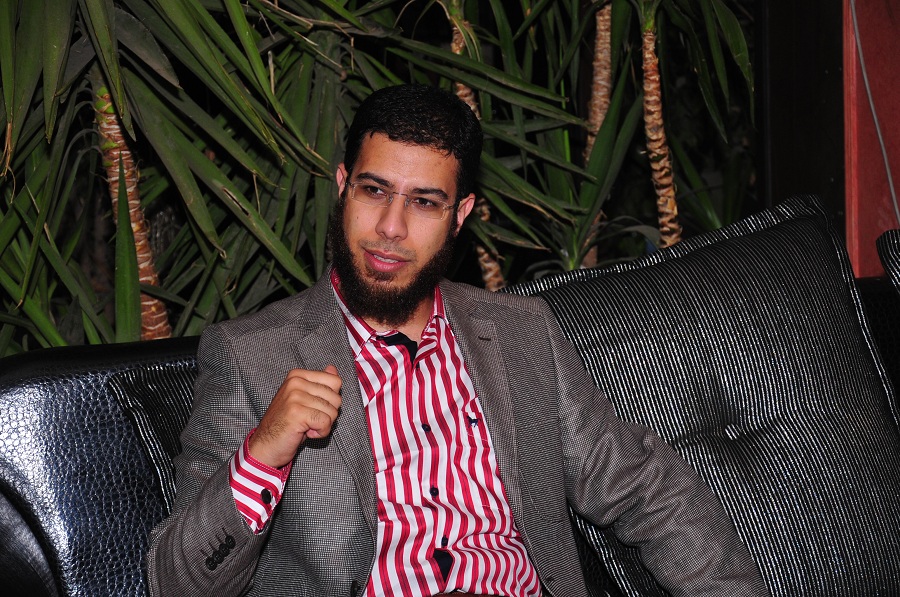In spite of the ongoing political turmoil facing Arab countries, expectations were so high ahead of the 27th Arab League Summit in Mauritania that it was dubbed the “summit of hope”.
The summit saw the transfer of the presidency of the Arab League from the incumbent Egypt to Mauritania and opened the floor for Arab, regional, and international leaders to reveal their nations’ stances on regional crises and politics.
However, there was a marked difference in the prioritisation of these issues and conflicts among the Arab leaders, as well as with the UN secretary-general Ban Ki-moon’s stance as relayed by UN special envoy for Yemen, Ismail Ould Al-Sheikh.
The members of the league also stressed the importance of strengthening cooperation and trade ties between each other, but were using characteristically vague diction that did not propose a timeline or indicate the specific outcomes they hoped to achieve.
The situation in Palestine
The Arab leaders placed the Palestinian issue at the top of their priorities, with Mauritanian president Mohamed Ould Abdel-Aziz saying: “Recent events may leave some believing that the Palestinian cause has fallen by the wayside, but that isn’t true. It will always be at the top of our agenda.”
Newly appointed Arab League secretary general Ahmed Aboul-Gheit firmly asserted that Palestine will remain at the top of the league’s priorities in order to ensure an end to the violence and the establishment of an independent Palestinian state with a capital in East Jerusalem.
Egyptian Prime Minister Sherif Ismail, who attended the summit on behalf of President Abdel Fattah Al-Sisi, president of the Libyan Government of National Accord (GNA) Fayez Al-Sarraj, and Saudi foreign minister Adel Al-Jubair among many others also gave the situation in Palestine priority.
This is quite classic for the Arab League, as the Israeli-Palestinian conflict has topped its agenda since the first summit held in Cairo in 1964.
“The reason Palestine has and will continue to be a permanent issue on our agenda is that Israel remains continually inflexible towards the principles of peaceful solution,” Al-Jubair said.
However, for the UN secretary general, Palestine fell far below the situations of active combat in Syria, Iraq, and Yemen.
Al-Sheikh stressed that Israel needed to discontinue the construction of illegal settlements while the Palestinian government needs to actively condemn acts of terrorism emerging from within its borders.
Securing and stabilising the region
For Aboul-Gheit, security was multifaceted and involved both renewing calls for cooperation between Arab states to quell the relentless militancy faced by countries across the region and highlighting the importance of non-intervention.
“The Arab umma is fighting a difficult war on terror… I have no doubt that winning this war on terror and extremism calls for implementing necessary measures to execute the decision we took in September 2014 to create a joint defence force,” Aboul-Gheit said.
Meanwhile, Saudi Arabia highlighted that in response to the threat of Islamic State (IS), it had created the Islamic Coalition to fight the group in Syria.
In his speech, Al-Sarraj pledged Libya’s support for the coalition but also noted that the Libyan army was fighting a similar battle against extremists without international support.
Al-Sarraj also urged the Arab states to cooperate with Libya to help cut the arms flowing across its borders saying: “All countries must not leave Libya to face [the insurgency] on its own and on their behalf.”
On the other hand, the UN addressed the issues in the Arab world on a case-by-case basis—noting first the situation in Syria, then Yemen, Iraq, Palestine, Lebanon, Libya, and finally Sudan.
Al-Sheikh called on Arab leaders to “actively participate” in the UN General Assembly’s high-level meeting to address large movements of refugees and migrants to be held in September.
Emphasising cooperation in the face of crisis
Closely after security cooperation came the need to establish stronger trade and cultural ties between the Arab nations, with renewed calls for the creation of a free-trade zone by Aboul-Gheit.
Different initiatives for economic cooperation have been on the cards for the Arab League, including the 1998 Arab Joint Market and the 2009 Arab Customs Union, which was due to come into existence in 2015.
Delivering Al-Sisi’s address at the summit, Ismail stressed the importance of Arab solidarity for the survival of the Arab nation-state.
On the other hand, Al-Sheikh urged the Arab states to ratify the Paris Agreement and work together towards fighting climate change.
Still, others were adamant about existing tensions and that there would be no prospects for cooperation with some parties.
“With the great number of lives lost, a continued role for Bashar Al-Assad in Syrian politics is impossible,” Al-Jubair said.
He had also condemned “Iranian intervention” in the affairs of Arab states.
Concluding the summit, almost all Arab leaders stressed the importance of striving after the perpetually-elusive development that would bring economic and social welfare to the people of the Arab world.
The understanding of development and how to achieve it was linear, and the continually turbulent politics within the region have spawned a number of wars that are likely to delay it indefinitely.


